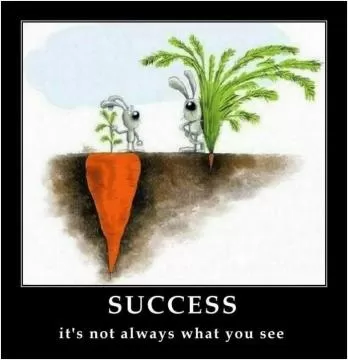We must walk consciously only part way toward our goal, and then leap in the dark to our success

Success QuotesGoal QuotesIn The Dark QuotesGoal And Success QuotesGoal Success QuotesAbout Success Quotes
We must walk consciously only part way toward our goal, and then leap in the dark to our success
Henry David Thoreau, the renowned American philosopher, poet, and essayist, is often remembered for his transcendentalist beliefs and his deep connection to nature. One of his most famous quotes, “We must walk consciously only part way toward our goal, and then leap in the dark to our success,” encapsulates his philosophy of taking risks and embracing uncertainty in order to achieve true fulfillment.Thoreau believed in the importance of living deliberately and authentically, and he often encouraged others to follow their own paths and trust their instincts. In this quote, he emphasizes the idea that success is not always a linear journey, but rather a series of calculated risks and leaps of faith. By walking consciously only part of the way towards our goals, we can carefully plan and strategize, but ultimately, it is the leap into the unknown that propels us towards our ultimate success.
Thoreau’s own life is a testament to this philosophy. He famously spent two years living in a small cabin by Walden Pond, where he sought to simplify his life and connect with nature. During this time, he wrote his most famous work, “Walden,” which explores themes of self-reliance, individualism, and the pursuit of a meaningful life. Thoreau’s decision to live deliberately and embrace solitude was a leap into the unknown, but it ultimately led to his success as a writer and philosopher.
Thoreau’s quote also speaks to the idea of embracing uncertainty and taking risks in order to achieve our goals. In today’s fast-paced and unpredictable world, it can be easy to get caught up in the need for control and certainty. However, Thoreau reminds us that true success often requires us to step outside of our comfort zones and embrace the unknown.












 Friendship Quotes
Friendship Quotes Love Quotes
Love Quotes Life Quotes
Life Quotes Funny Quotes
Funny Quotes Motivational Quotes
Motivational Quotes Inspirational Quotes
Inspirational Quotes